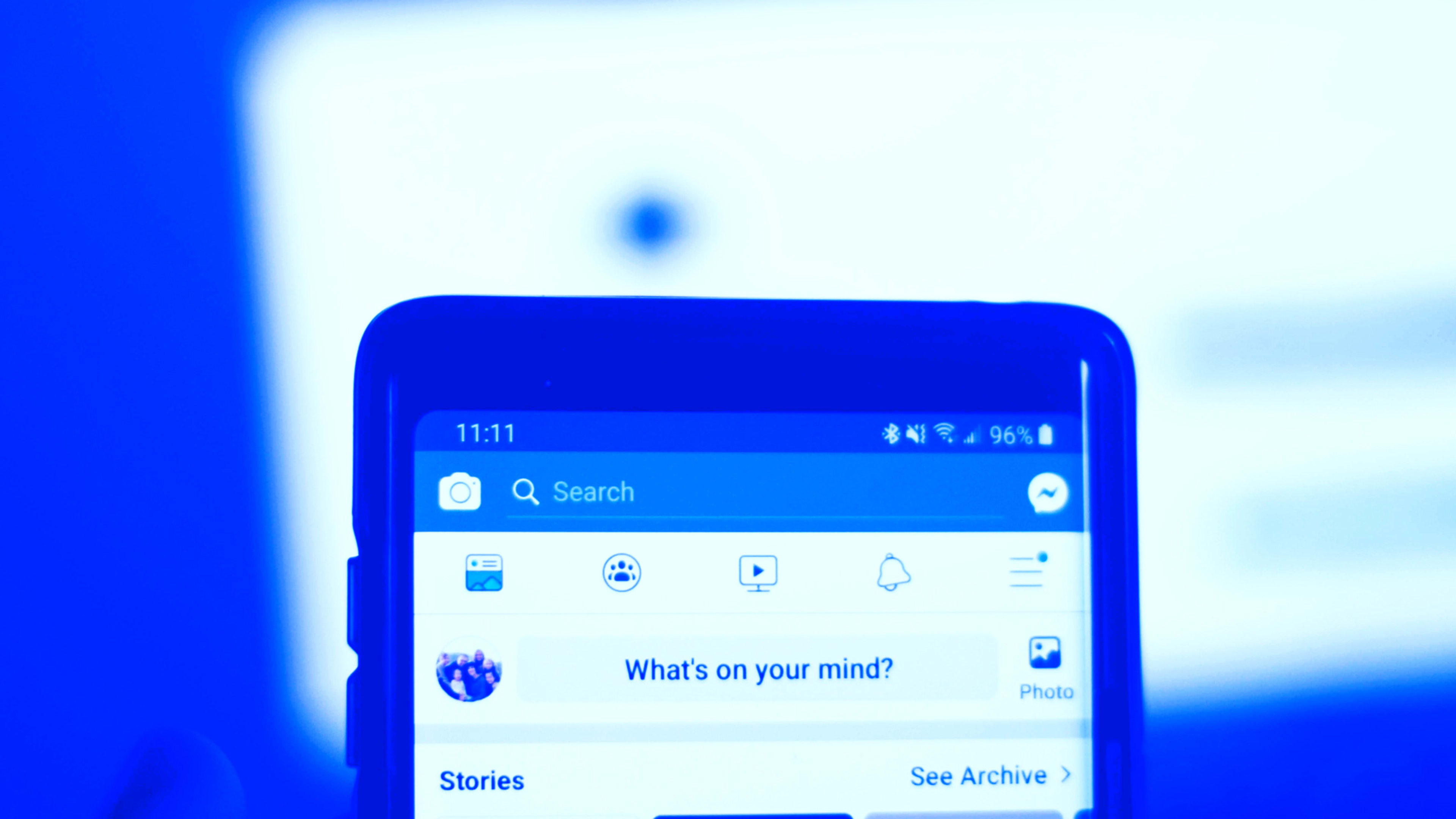When my company, Dashlane, joined a handful of brands in pulling advertising from Facebook for the month of July, we couldn’t have imagined that hundreds of other companies would join us to #StopHateForProfit. We couldn’t have imagined those efforts culminating in Facebook CEO Mark Zuckerberg and other titans of Big Tech appearing on Capitol Hill in one of the most robust demonstrations of our democracy’s strength in the face of consolidated market power since the beginnings of the New Deal.
We could have, however, very easily imagined Facebook’s stellar earnings just days after the hearings and the boycott’s end. Nothing could more powerfully prove the need for change than these profits in the face of elected officials’ consternation and advertiser and consumer outrage.
Even though the boycott hasn’t made a dent in Facebook’s business, it still has an important message. We joined the #StopHateForProfit movement to bring attention to Facebook as a place that props up and disseminates hate speech. Zuckerberg himself has given interviews in which he defends the site’s refusal to remove incendiary posts by President Donald Trump, even when those posts contain misinformation. Earlier this summer Zuckerberg said that the site was not an “arbiter of truth.” Such a willfully weak stance is not only cowardly and cynical—it is dangerous.
With actions like these, Facebook puts brands like mine in a bind. We need Facebook: Advertising on the platform remains one of the most powerful ways to connect with the public. But to do that, we must pay a double tax to Facebook—first on the attention of our users, and second on our ability to reach them.
That’s because the ad dollars we spend on Facebook aren’t investments in future relationships with happy users. A potential new Dashlane user might see our ad on Facebook and be interested in our product. But that means they have given Facebook their attention, and in the process may have been exposed to hateful content—an experience that we don’t want for any of our users. We can only dissociate ourselves from Facebook by leaving it, but doing so also costs us the ability to reach potential new users. It’s a lose-lose situation.
Since Trump was elected, brands like ours have sought alternatives to advertising on platforms that disseminate disinformation, and activists have agitated to change the way in which those platforms function. In the last two months, we succeeded in highlighting the activists who are working to change Facebook by putting our advertising on the platform on hold. #StopHateForProfit popularized, supported, and energized the efforts to hold Facebook accountable.
We also built new relationships with like-minded brands. We learned that other companies, from Pfizer to Patreon to Harley-Davidson, want this to happen just as much as we do. And in our move away from Facebook, we’ve found new content partners, such as Pinterest, Reddit, and Quora, that give us access to communities we had not previously reached.
The problem of hate speech online is, of course, not limited to Facebook, but Facebook has acted particularly egregiously in its mealy-mouthed efforts to address it. Reddit, which has had its own infamous struggles with hate speech, stands in contrast. Earlier this summer the platform made a decisive move to ban groups and users that “incite violence or promote hate based on identity and vulnerability.” They also expunged the site of thousands of subreddits that promoted hateful content. This is the kind of platform on which we can feel comfortable advertising.
A Facebook boycott only serves as a first step of the kind of capitalist activism needed to curb Big Tech companies’ power over the internet. Even if people are using a company’s platform for good, the company’s refusal to uphold its own standards can obviate its own users’ positive contributions. Even though activists flock to Instagram and are often quite successful in spreading their messages and raising funds there, it’s still owned by Facebook and subject to its lax rules around hate speech. It’s hard to find other alternatives where activists can make a similar impact because Facebook has such a monopoly over social networking.
Facebook’s power is one reason tech executives—especially CMOs, like me—have been afraid to speak out. Prior to #StopHateForProfit, we were afraid to damage our relationship with Facebook, afraid of damaging our bottom lines or signaling that we care about anything other than profit. We even feared hurting the feelings of our friends and former colleagues who have gone to work there. But this is also one reason why I joined a smaller startup with the ambition to work outside a Facebook- and Google-dominated online ecosystem. I no longer wanted to worry about whether my employer might doubt my commitment to them because of my commitment to values that should be universal.
But I am only one person, and the boycott was only one piece of collective action. Holding Big Tech accountable will be a long, difficult process that demands sustained worldwide support. Mark Zuckerberg himself glibly told Facebook staff last month that he expects our efforts to abate. I hope that in November, we can escape the tax levied by the dull barons of Big Tech by voting for the party that is more likely to break them up so that a vibrant media ecosystem can thrive once more.
Joy Howard is the CMO of Dashlane.
Recognize your brand’s excellence by applying to this year’s Brands That Matter Awards before the early-rate deadline, May 3.
